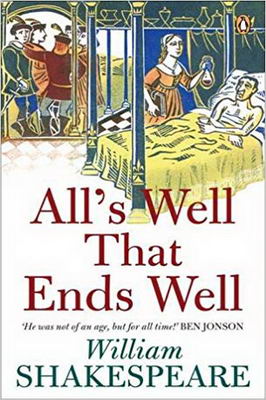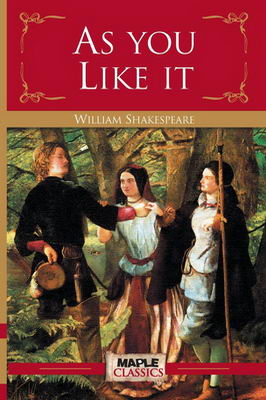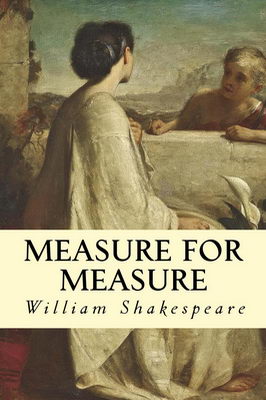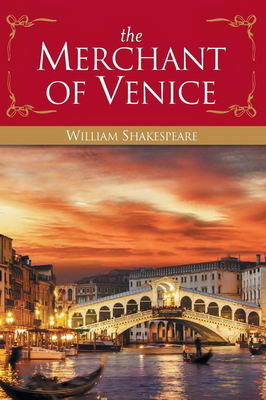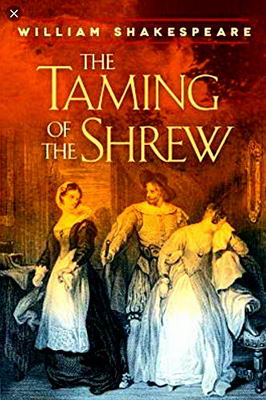
Biography
William Shakespeare was an English poet, playwright, and actor, widely regarded as the greatest writer in the English language and the world’s pre-eminent dramatist. He is often called England’s national poet, and the “Bard of Avon”.
Plays by William Shakespeare
Poems by William Shakespeare
- My Butterfly
- Sonnet 1: From fairest creatures we desire increase
- Sonnet 104: To me, fair friend, you never can be old
- Sonnet 106: When in the chronicle of wasted time
- Sonnet 107: Not mine own fears, nor the prophetic soul
- Sonnet 109: O! never say that I was false of heart
- Sonnet 110: Alas, ’tis true I have gone here and there
- Sonnet 111: O, for my sake do you with Fortune chide,
- Sonnet 116: Let me not to the marriage of true minds
- Sonnet 12: When I do count the clock that tells the time
- Sonnet 121: ‘Tis better to be vile than vile esteemed
- Sonnet 123: No, Time, thou shalt not boast that I do change
- Sonnet 125: Were’t aught to me I bore the canopy
- Sonnet 126: O thou, my lovely boy, who in thy pow’r
- Sonnet 129: Th’expense of spirit in a waste of shame
- Sonnet 130: My mistress’ eyes are nothing like the sun
- Sonnet 133: Beshrew that heart that makes my heart to groan
- Sonnet 134: So now I have confessed that he is thine
- Sonnet 135: Whoever hath her wish, thou hast thy Will
- Sonnet 138: When my love swears that she is made of truth
- Sonnet 139: O, call not me to justify the wrong
- Sonnet 141: In faith, I do not love thee with mine eyes
- Sonnet 142: Love is my sin, and thy dear virtue hate
- Sonnet 144: Two loves I have of comfort and despair
- Sonnet 146: Poor soul, the centre of my sinful earth,
- Sonnet 147: My love is as a fever, longing still
- Sonnet 15: When I consider everything that grows
- Sonnet 18: Shall I compare thee to a summer’s day?
- Sonnet 19: Devouring Time, blunt thou the lion’s paws
- Sonnet 2: When forty winters shall besiege thy brow
- Sonnet 20: A woman’s face with nature’s own hand painted
- Sonnet 25: Let those who are in favour with their stars
- Sonnet 29: When, in disgrace with fortune and men’s eyes
- Sonnet 3: Look in thy glass and tell the face thou viewest
- Sonnet 30: When to the sessions of sweet silent thought
- Sonnet 32: If thou survive my well-contented day
- Sonnet 33: Full many a glorious morning have I seen
- Sonnet 34: Why didst thou promise such a beauteous day
- Sonnet 35: No more be grieved at that which thou hast done
- Sonnet 40: Take all my loves, my love, yea, take them all
- Sonnet 53: What is your substance, whereof are you made
- Sonnet 55: Not marble nor the gilded monuments
- Sonnet 57: Being your slave, what should I do but tend
- Sonnet 60: Like as the waves make towards the pebbl’d shore
- Sonnet 64: When I have seen by Time’s fell hand defac’d
- Sonnet 65: Since brass, nor stone, nor earth, nor boundless sea
- Sonnet 66: Tir’d with all these, for restful death I cry
- Sonnet 71: No longer mourn for me when I am dead
- Sonnet 73: That time of year thou mayst in me behold
- Sonnet 76: Why is my verse so barren of new pride
- Sonnet 87: Farewell! thou art too dear for my possessing
- Sonnet 94: They that have power to hurt and will do none
- Sonnet 97: How like a winter hath my absence been
- Sonnet 98: From you have I been absent in the spring


